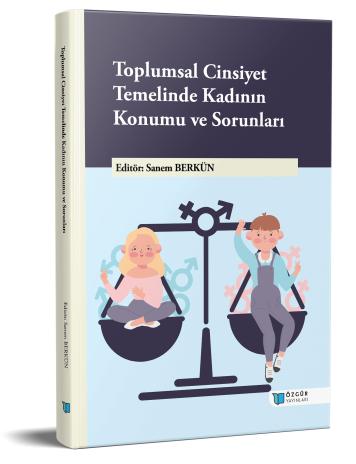
Challenges of Low Income for Women: Soci̇al and Economi̇c Problems Faced by Women in Mi̇ni̇mum-Wage Households – The Case of Keçi̇ören, Ankara
Chapter from the book:
Berkün,
S.
(ed.)
2025.
The Position and Problems of Women Based on Gender.
Synopsis
The aim of this study is to identify the economic and social challenges faced by women living in households sustained solely by minimum wage in the Keçiören district of Ankara. Although the minimum wage in Turkey is officially defined as the income level required to meet an individual’s basic needs, in practice it often becomes the sole source of income for entire families. In such contexts, women tend to experience the constraints of limited income more intensely than men due to domestic responsibilities and entrenched gender roles.
Most women not only bear the economic burden within the household but also assume emotional labor—managing children’s psychological needs, caring for elderly family members, and navigating domestic crises. These invisible responsibilities drain their time and energy resources. Interviews revealed that women’s participation in public life is severely restricted; access to social activities, educational programs, or professional development opportunities is nearly impossible.
A mixed-methods approach was employed in the study. First, a structured survey was conducted with 100 women residing in Keçiören whose families rely solely on minimum wage. Subsequently, in-depth interviews were held with 30 of these women. The findings indicate that the majority of participants are unable to meet their personal needs, are solely responsible for their children’s education and caregiving expenses, and are increasingly isolated from their social networks. Many reported resorting to home-based production, seeking support from extended family, or pursuing informal employment opportunities due to financial constraints.

